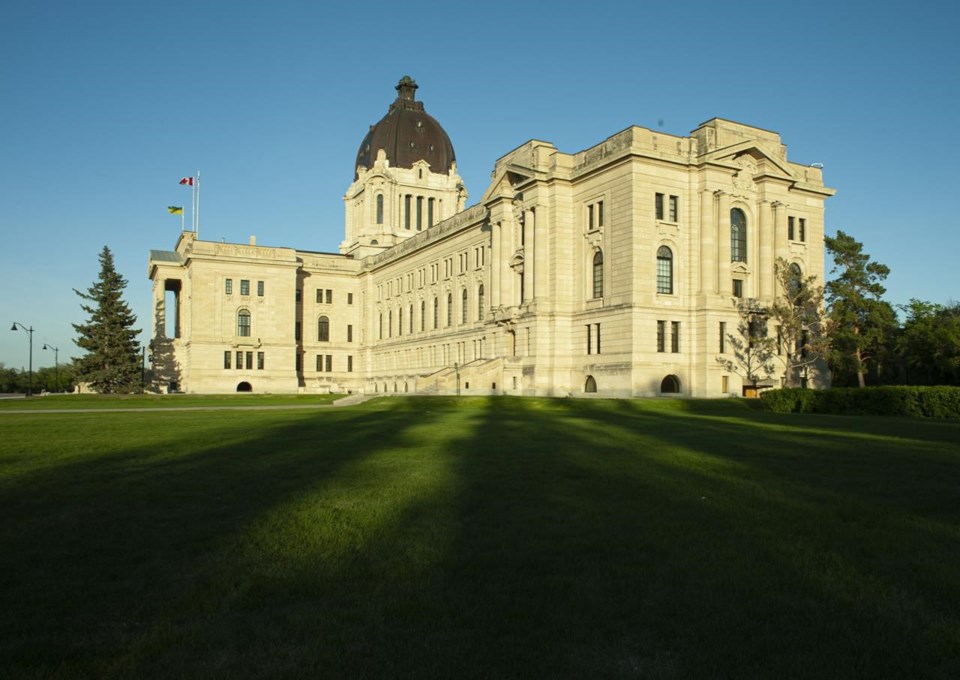REGINA — Opposition NDP legislature member Betty Nippi-Albright says she isn’t surprised the Saskatchewan Party government defeated her bill that aimed to bolster relations with Indigenous people.
Nippi-Albright said Thursday the bill would have made for a more robust consulting process with Indigenous groups when the province sells Crown land and changes policies that affect the environment.Â
“This government has a track record of not listening to Indigenous people in this province,” she said. “So, I’m not at all surprised.”
Nippi-Albright introduced her legislation last fall after some First Nations raised concerns about the government not adequately consulting them when selling parcels of Crown land.
First Nations leaders have said they have used such lands for traditional purposes, such as fishing, hunting and gathering.
Government Relations Minister Don McMorris said Saskatchewan Party members voted against the legislation because it included language that he believes would have given Indigenous groups a veto on proposed projects and made it difficult for the government to operate.Â
The bill makes reference to “free, prior and informed consent“ through sections of the United Nations Declaration on the Rights of Indigenous Peoples, which McMorris said “is quite a significant statement.”
“It virtually becomes a veto vote on any project moving forward, so there’s definitely some concerns around that,” he said.Â
“Consultation would have to be done on any sort of movement on government and First Nations would have the ability to agree or not agree. So, it really would handcuff and be very, very difficult for any government to operate under that type of legislation.”
Nippi-Abright said the bill makes no mention of vetoes, adding she believes McMorris “is reading more into that bill than what’s there.”
She said the current process is deeply flawed where consultations aren’t done extensively with communities.
“This would have given the nations that opportunity to truly be partners in the decisions that are going to impact them,” she said.Â
“It would give an opportunity for nations to protect their treaty rights for those that come behind, for our grandchildren, our great-grandchildren and those not yet born.”
McMorris said the province has been extensively consulting with Indigenous and industry groups about making changes to current practices, which haven’t been updated in 12 years.Â
He said the government is to introduce changes in the next two weeks, adding it will touch on timelines and “more respect in the consultation.”
“They would all like to see it tweaked and moved around a little bit, and we certainly have no problem doing that,” McMorris said. “That’s why we did the engagement and are putting together these items, and then with the solutions moving forward.”
However, Nippi-Albright said she believes the new policy won’t have any meaningful change.
She said the government could see more lawsuits from First Nations because of the lack of consultation.Â
“If we are ever going to achieve reconciliation in this province, we have to sit down and start respecting the treaty rights holders,” she said. “Those are the people that we need to consult.”
This report by The Canadian Press was first published April 20, 2023.
Jeremy Simes, The Canadian Press




